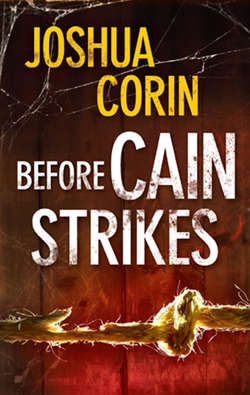Читать книгу Before Cain Strikes - Joshua Corin - Страница 6
Prologue
ОглавлениеWe are a nation of outlaws. It’s in our history.
It’s in our blood.
Our first colony in Massachusetts was settled as a sanctuary and refuge for those souls brave enough to defy the Anglican Church. These men and women were the first American heroes and they were rebels one and all. That their ancestors should rise up one hundred and fifty years later and throw off the shackles of British tyranny was inevitable. What was the Civil War, really, but a re-creation of the Revolution from a Southern point of view?
We are not a people who respond well to authority.
Is it any wonder, then, where our sympathies lie? Of course the chroniclers of the Wild West preferred Billy the Kid to Pat Garrett. Of course we all know the legend of Butch Cassidy and the Sundance Kid, but how many of us can mention—or even care about—the Pinkerton detectives who were on their trail?
Look at our literature. Look at our theater. Time and again, our fascination sides with the felon, the ne’er-do-well, the desperado.
By sales alone, who is the most popular American comic book character of the twentieth century? Not that “over-grown Boy Scout” Superman. Not “guilt-ridden” Spider-Man. According to industry experts, the most popular comic book character of the twentieth century was the shadow-dwelling vigilante Batman. Of course he was.
It’s no surprise that we as a nation have become so fascinated by serial killers. As an ever-growing government has euthanized our convictions and emasculated our passions, we recognize in the serial killer a figure of unabashed liberty, and we are attracted.
Let there be no misunderstanding: murder is reprehensible. The thesis of this text will be an analysis of the recent series of murders committed by Henry “Galileo” Booth in the context of the outlaw mystique. If you are looking for a championing of men such as him, look elsewhere. There is a vital line between attraction and acceptance.
John Dillinger is much more appealing from afar.
Nietzsche in Beyond Good and Evil wrote that when we gaze into the abyss, the abyss gazes back into us. Hold my hand. Take a breath. The abyss we are about to study in its dark geography is at the very core of America and its honesty cleanses with acid.
Are you ready?
Let’s begin.
